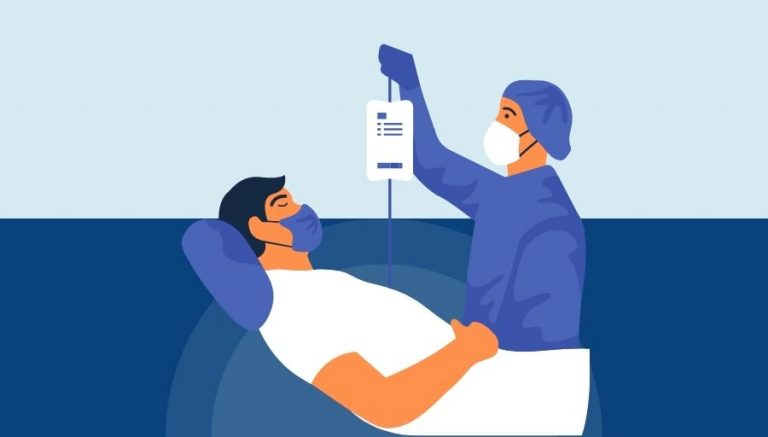How To Use CPT Code 83993
CPT 83993 describes the measurement of calprotectin, a protein produced by neutrophils in response to infection and inflammation, in a stool sample. This article will cover the description, procedure, qualifying circumstances, appropriate usage, documentation requirements, billing guidelines, historical information, similar codes and billing examples.
1. What is CPT Code 83993?
CPT 83993 can be used to measure the amount of calprotectin in a stool sample. This test is typically performed using an enzyme-linked immunosorbent assay (ELISA) to differentiate between inflammatory bowel disease (IBD) and irritable bowel syndrome (IBS).
2. Official Description
The official description of CPT code 83993 is: ‘Calprotectin, fecal.’
3. Procedure
- The lab analyst performs the technical lab test on a small amount of stool sample using an enzyme-linked immunosorbent assay (ELISA) methodology.
- The stool sample undergoes several processes, including washing, incubating, and pipetting onto a plastic tray with analysis wells.
- A spectrophotometric plate reader scans the wells for color change, indicating the presence of calprotectin.
4. Qualifying circumstances
CPT 83993 is typically ordered for patients experiencing prolonged diarrhea or abdominal pain. It helps differentiate between IBD and IBS, as elevated calprotectin levels are associated with IBD.
5. When to use CPT code 83993
CPT code 83993 should be used when a clinician wants to measure the amount of calprotectin in a stool sample to assist in differentiating between IBD and IBS. It is not limited to testing for a specific condition.
6. Documentation requirements
To support a claim for CPT 83993, the clinician must document the following information:
- Reason for ordering the test, such as prolonged diarrhea or abdominal pain
- Methodology used, such as enzyme-linked immunosorbent assay (ELISA)
- Date and time of the test
- Results of the test
7. Billing guidelines
When billing for CPT 83993, ensure that the test is performed using the appropriate methodology, such as ELISA. There are no specific guidelines regarding reporting CPT 83993 with other codes.
8. Historical information
CPT 83993 was added to the Current Procedural Terminology system on January 1, 2008. There have been no updates to the code since its addition.
9. Examples
- A clinician orders CPT 83993 to measure the amount of calprotectin in a stool sample for a patient experiencing prolonged diarrhea.
- A patient presents with abdominal pain, and a clinician decides to perform CPT 83993 to assist in differentiating between IBD and IBS.
- A clinician monitors the severity of a patient’s IBD by periodically ordering CPT 83993 to measure calprotectin levels.
- A patient with suspected IBD undergoes CPT 83993 to rule out noninflammatory conditions and avoid unnecessary invasive procedures.
- A clinician uses CPT 83993 to assess the effectiveness of a treatment plan for a patient with IBD by monitoring calprotectin levels over time.
- A patient with chronic diarrhea undergoes CPT 83993 to determine if IBD is the underlying cause.
- A clinician orders CPT 83993 for a patient with abdominal pain to help guide further diagnostic testing.
- A patient with a family history of IBD undergoes CPT 83993 as a precautionary measure.
- A clinician uses CPT 83993 to monitor the response to medication in a patient with IBD.
- A patient with suspected IBS undergoes CPT 83993 to rule out IBD as the cause of their symptoms.



